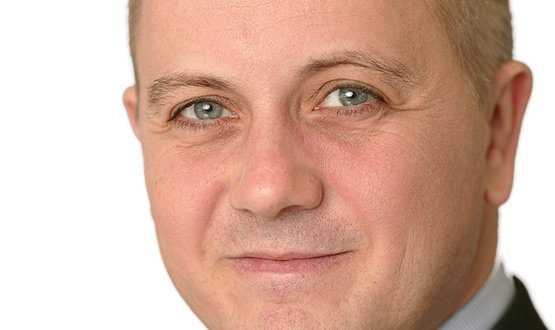There is a “theoretical risk” that data released to researchers from the care.data programme could be used to re-identify patients, but this would be a criminal offence, NHS England’s director of patients and information has said.
Tim Kelsey spoke at a Cambridge Health Network event in London on Wednesday evening with health secretary Jeremy Hunt, where he fielded a number of questions about care.data.
The programme will link an expanded set of Hospital Episode Statistics with a new monthly collection of GP data to create Care Episode Statistics.
The plan is to strip the new CES of patient identifiers and make them available in pseudonymised form to NHS commissioners, but also to researchers in universities and commercial companies who can prove a benefit to patients from having access to the data.
A number of questions posed by the London audience were around the potential for non-NHS recipients of the data to re-identify patients using other available datasets.
Kelsey acknowledged that this was a “theoretical risk”, but said the contracts research groups sign before getting access to the data would make it a criminal offence to do so. He said this arrangement had worked for the 25 years in which HES data has been made available in the same way.
Patients have the right to opt-out of having their GP data collected or released by care.data, but critics say this has not been properly explained in the information leaflets, which were sent to every household in England last month.
The Information Commissioner’s Office also this week expressed concerned that the information provided to patients on care.data is not clear enough about how to opt-out of the programme.
Kelsey admitted that those leading the project are “learning more about how we can make the benefits case better” for care.data. “There’s no argument about the fact there’s a degree of confusion about it and we need to improve our conversations around that, I’m not going to pretend it’s all been absolutely perfect,” he said.
“I do think there are a lot of people who don’t properly understand the opt-out, so that’s something we need to make the public aware of. The risk is we can’t persuade enough people not to opt-out; to not secure this database for the country."
Take EHI's survey on care.data here.

